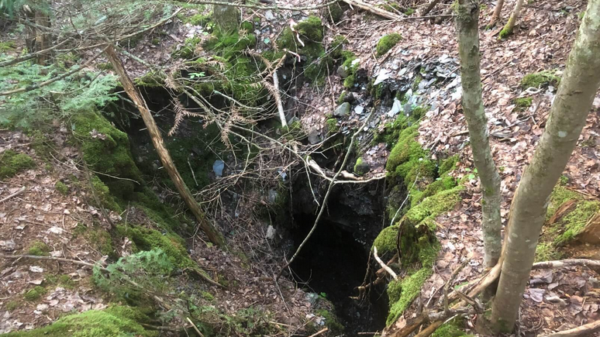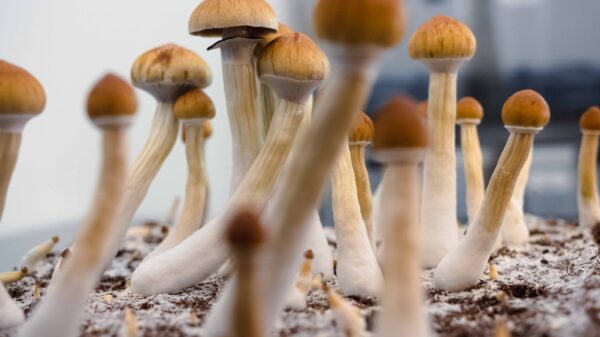The United States Drug Enforcement Administration (DEA) is ramping up its research efforts in the psychedelics and cannabis fields.
The government agency posted a notice on the American Federal Register Wednesday. It details a considerable increase in the quantity of certain federally controlled substances that will be used for investigational purposes this year.
The DEA will raise the proposed amounts of cannabinoids and psychedelics in response to requests from its registered manufacturers. Those producers said greater quantities were needed to meet medical and scientific needs. The agency has raised the aggregate production quotas (APQ) of select substances for the past three years, representing a continuing trend.
“There has been a significant increase in the use of Schedule I hallucinogenic controlled substances for research and clinical trial purposes,” the agency said in its November report last year.
Notably, the DEA aims to increase DMT production by over 250 per cent from last year to 11,000 grams. The agency has also proposed increasing psilocybin production by 25 per cent to 20,000 grams in 2024.
The DEA has demonstrated a growing interest in psilocybin research in recent years. Last May, the agency granted Ohio State University a license to cultivate and research fungi containing the compound.
Psychedelics research has been steadily gaining mainstream acceptance in the U.S.
Read more: Ron ‘Tater Salad’ White appointed to Rythmia ayahuasca centre’s leadership roster
Read more: Terran Biosciences obtains U.S. patent approval for catalogue of novel psychedelics
DEA notice gets vast amount of public feedback
For cannabinoids, the law enforcement organization is proposing to increase the quantity of delta-9 THC produced this year by over 60 per cent to 153,000 grams. Last November, an article in the Federal Register detailed that only 900,600 grams were to be produced in 2024. The DEA’s quota amount for 2023 was 628,460 grams.
The production quota of standard THC increased significantly as well. The agency aims to produce 1.17 million grams for research purposes, up from the 790,000 allocated for 2024 last November.
The APQ for psychedelics like MDMA, psilocin, ibogaine, LSD, mescaline and 5-MeO-DMT will remain the same. The DEA received comments requesting an increase in the production of those psychedelics for religious purposes but will not be ramping up production as of yet.
“They also commented that the APQ for mescaline should be increased in order to allow access to members of the Native American Church, as well as replanting into the wild [peyote] because of shortages,” the DEA said in the notice. Almost 4,700 people voiced their opinions during the public comment period.
Others commented that the agency should arrange the production of whole mushrooms or “fruiting bodies” containing psilocybin and psilocin along with peyote buttons containing mescaline. The DEA says however that peyote is a separate controlled substance from mescaline that it is not approved to produce. The agency will continue to only manufacture pure psilocybin and psilocin too.

Peyote button. Photo via chacruna.net
The production rate of cannabis and cannabis extracts will also be unchanged.
Despite the DEA receiving a letter from the Department of Health and Human Services last summer urging that cannabis be re-classified as a Schedule III substance, pot remains illegal under federal law in the U.S.
rowan@mugglehead.com














